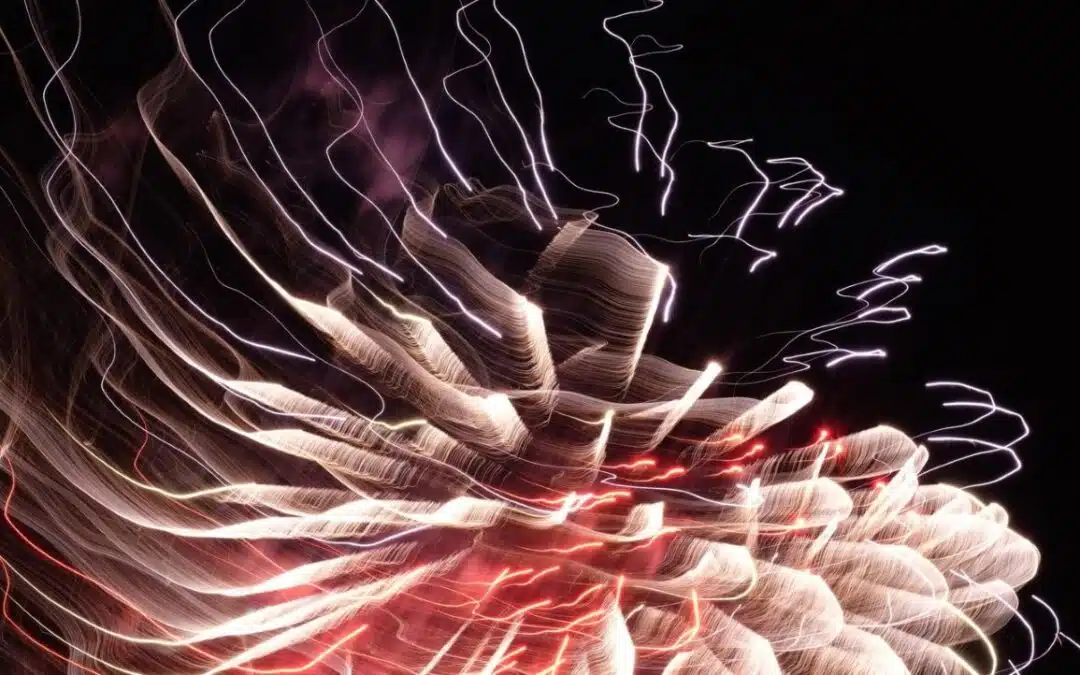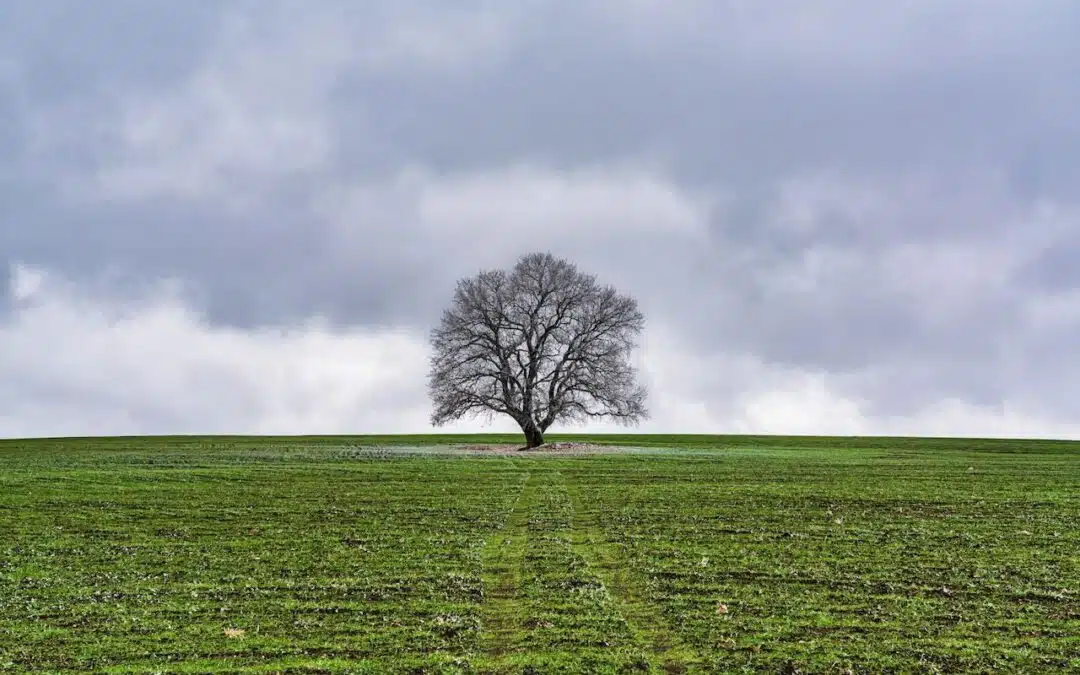Dust
Blog | Reflections on death | What about me?
In “Dust”, Paul talks about the reality of all the living beings and one of the most important thought of Dzogchen: impermanence.

“In a hundred years, all the people you know will be dead and gone”
In the subway, my eyes fell on some dust in the corner of my suitcase. It was like a click, a door that opened on the sudden realization that even a suitcase doesn’t last forever.
“Even Mona Lisa falls apart,” says Tyler Durden in Fight Club, as Edward Norton pulls out a broken tooth. He is not wrong: our existence passes in a flash, it is transitory and made only of transitions: one thought follows another, a work follows a rest that precedes a work. Death comes quickly, and that’s what this little pile of dust on the corner of my suitcase is telling me.
I remember a text from my teacher who spoke of an experience of fundamental shock. One of his teachers had said to him: “In a hundred years, all the people you know will be dead and gone”. It was such a shock to him that he remained in a state of stupefaction for several days, in an immediate understanding of the extreme impermanence of our lives.
And that there have been so many generations of people who have understood that there is something at play here, in this reminder of impermanence and transience, in this dance of death in life, and who have understood that they owe it to themselves, in fact, to practice the reminder of death in the midst of life’s activities. And that this was the beginning of a greater preparation for death, for his death. My death*.
Because then everything stops: I wonder why the subway goes; why it goes where it goes; why my nails and hair grow when they will die; why I think when I will die.
I see the ashes of history, history repeating itself and its ashes. I wonder how death can turn me into ashes.
I see that I am dust.
And in the midst of the ashes of history, I think of Gandhi’s words,
“If you want to see a change in the world, start with yourself.”
A good place to start.

6 teachings on the destruction of impermanent compounds:
Think about it! There is destruction because you are composed of causes and conditions,
Destruction is certain because everything that is first born dies without exception,
Destruction is certain because the world and its inhabitants are transient,
Destruction is certain because your life span is indeterminate and death comes,
There is destruction because days and nights pass in an instant,
There is destruction because it is certain that death is at the end of life.
Longchenpa, Treasury of direct instructions.

Written by Paul Baffier
More From All Categories

KO Outside, OK Inside?
In this article “KO outside, OK inside?”, Damien talks about how chaotic external conditions are opportunities for Liberation.

The All-Excellent’s Mighty Path of Aspiration
“The All-Excellent’s Mighty Path of Aspiration ” is a new translation from the Dzogchen Today! Translation Committee. Enjoy!

